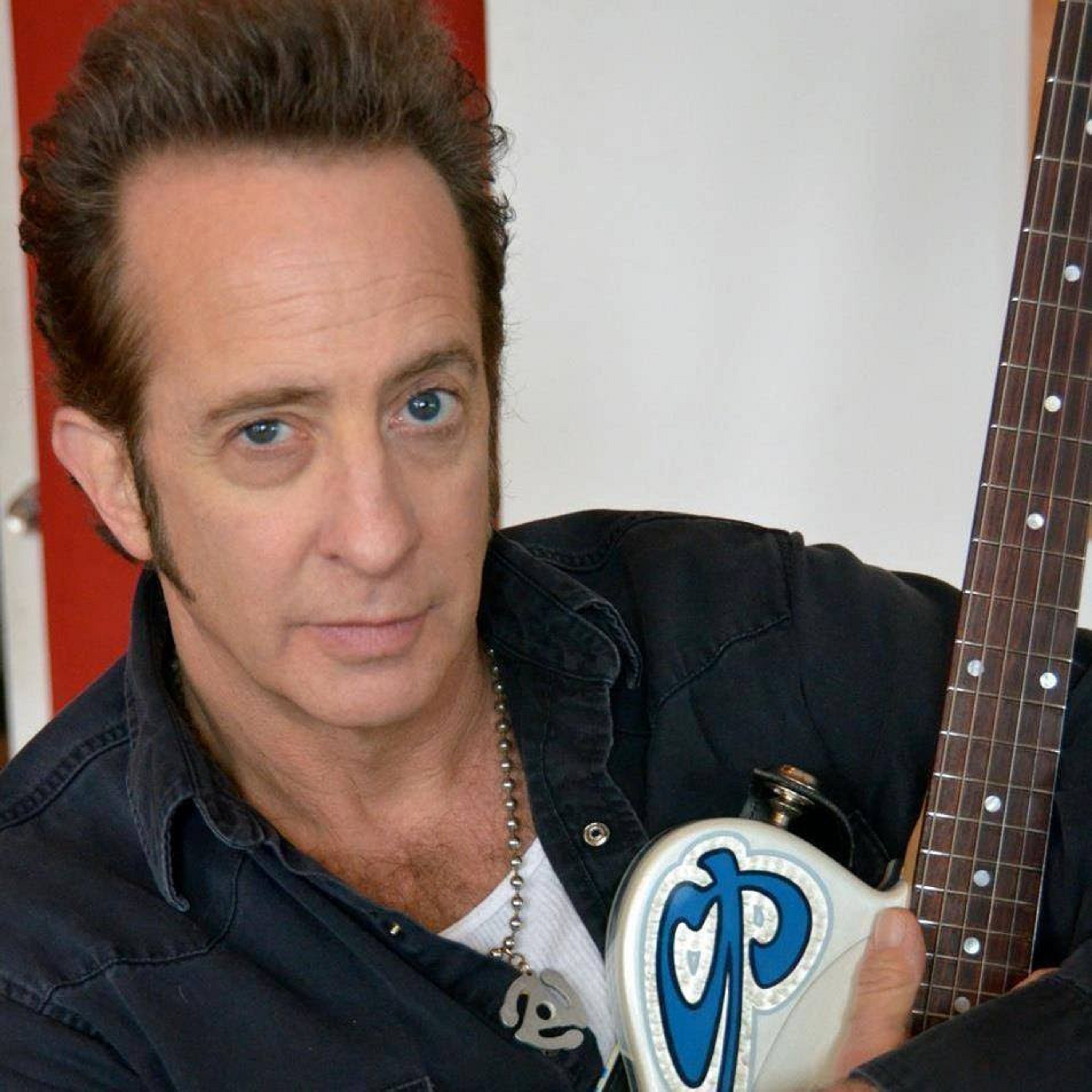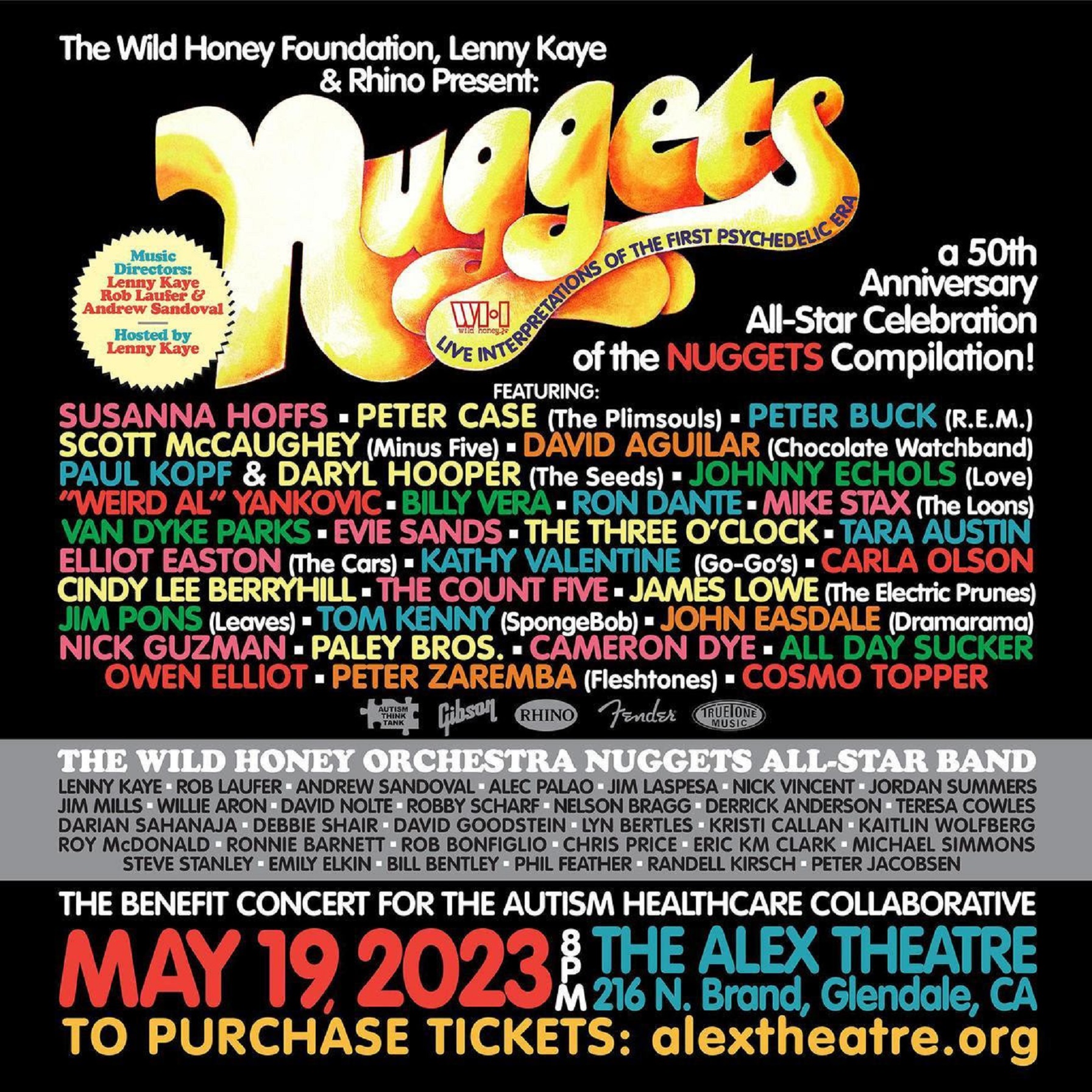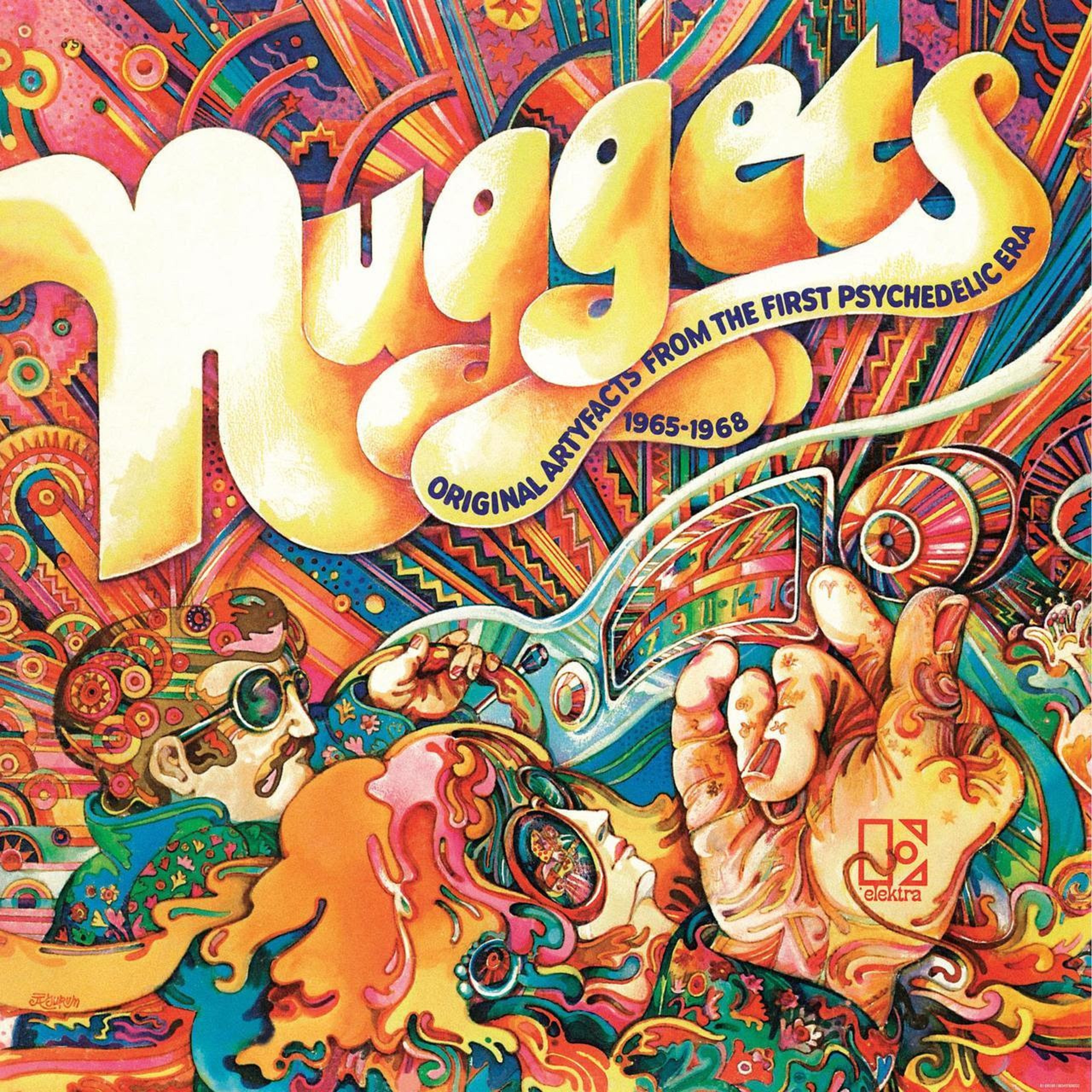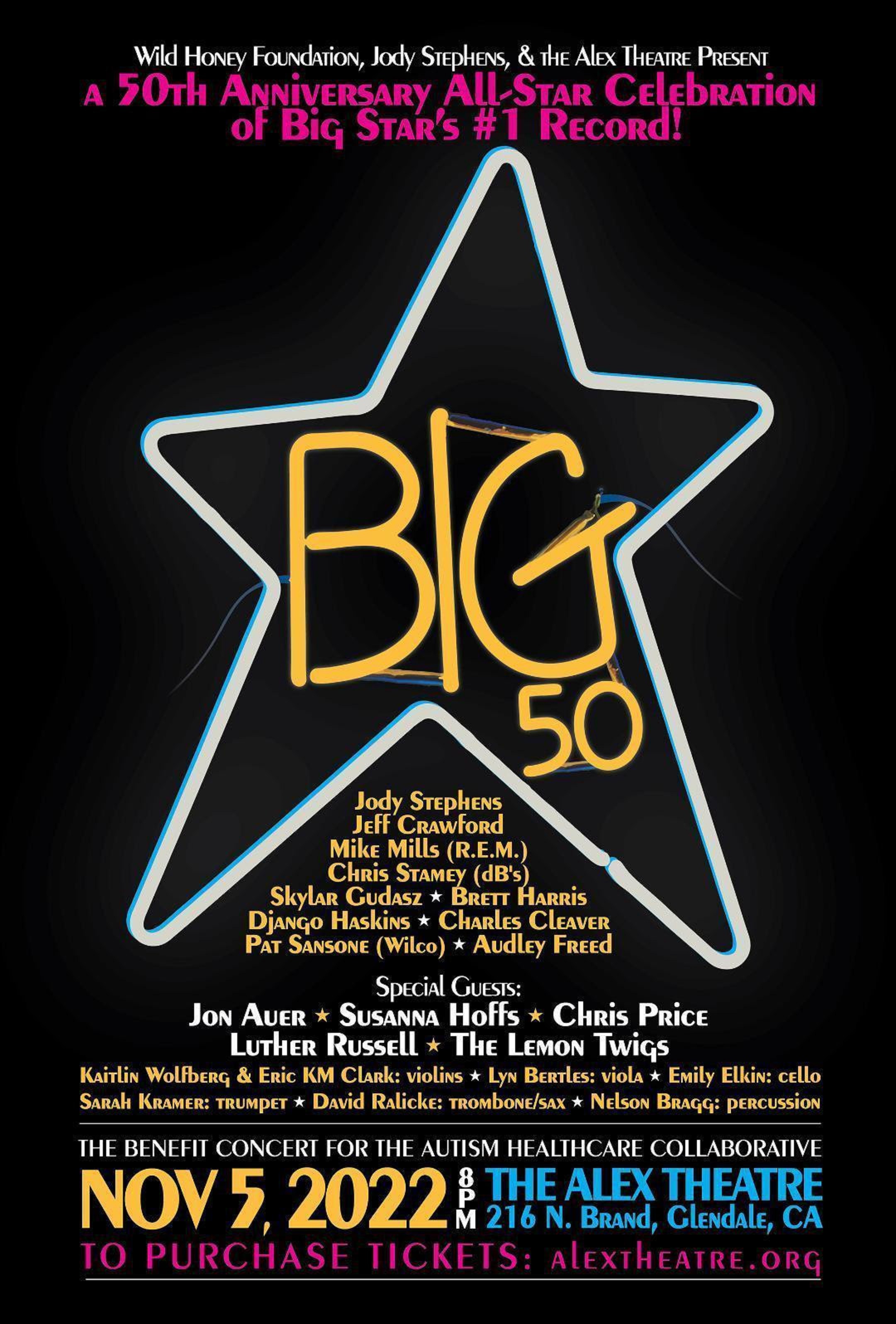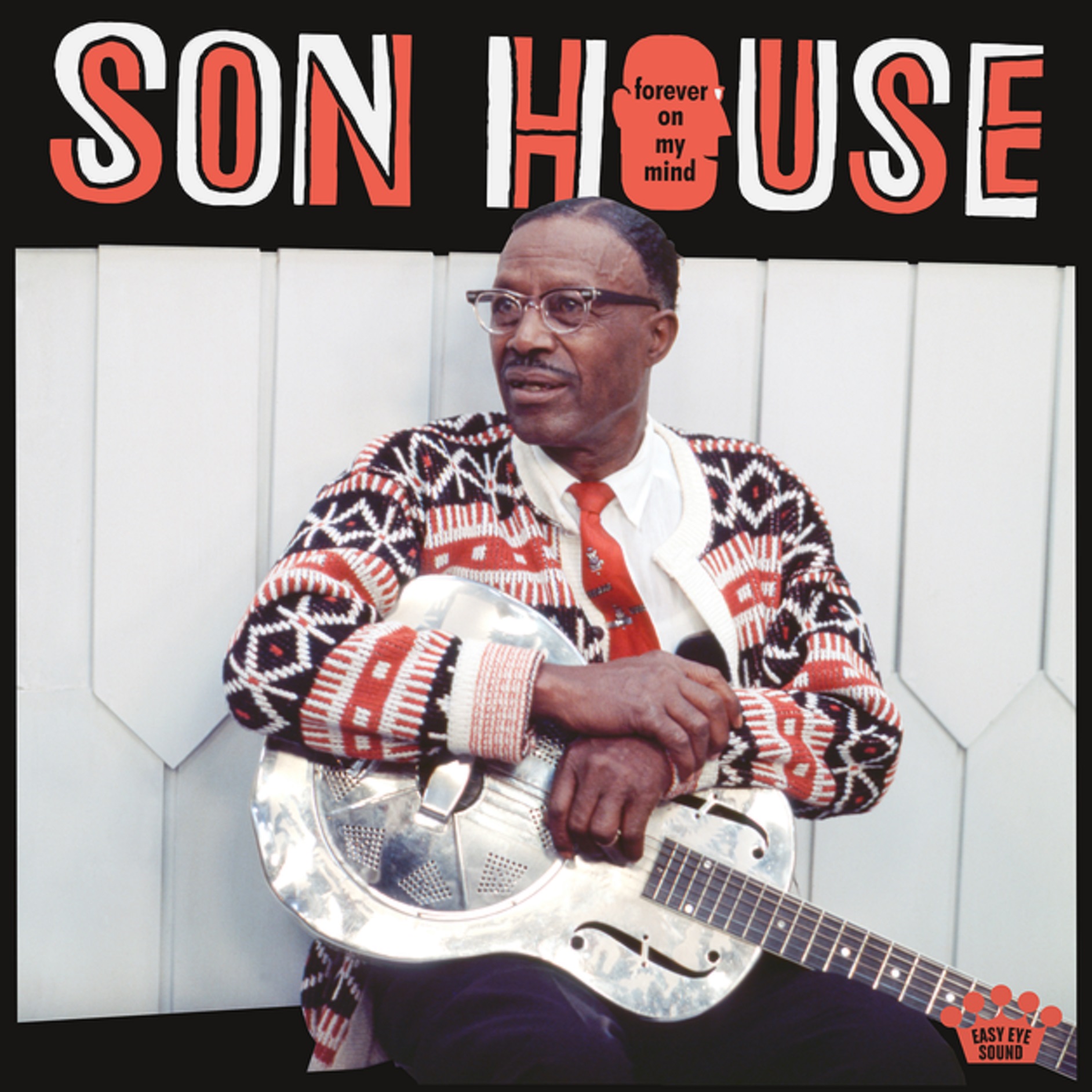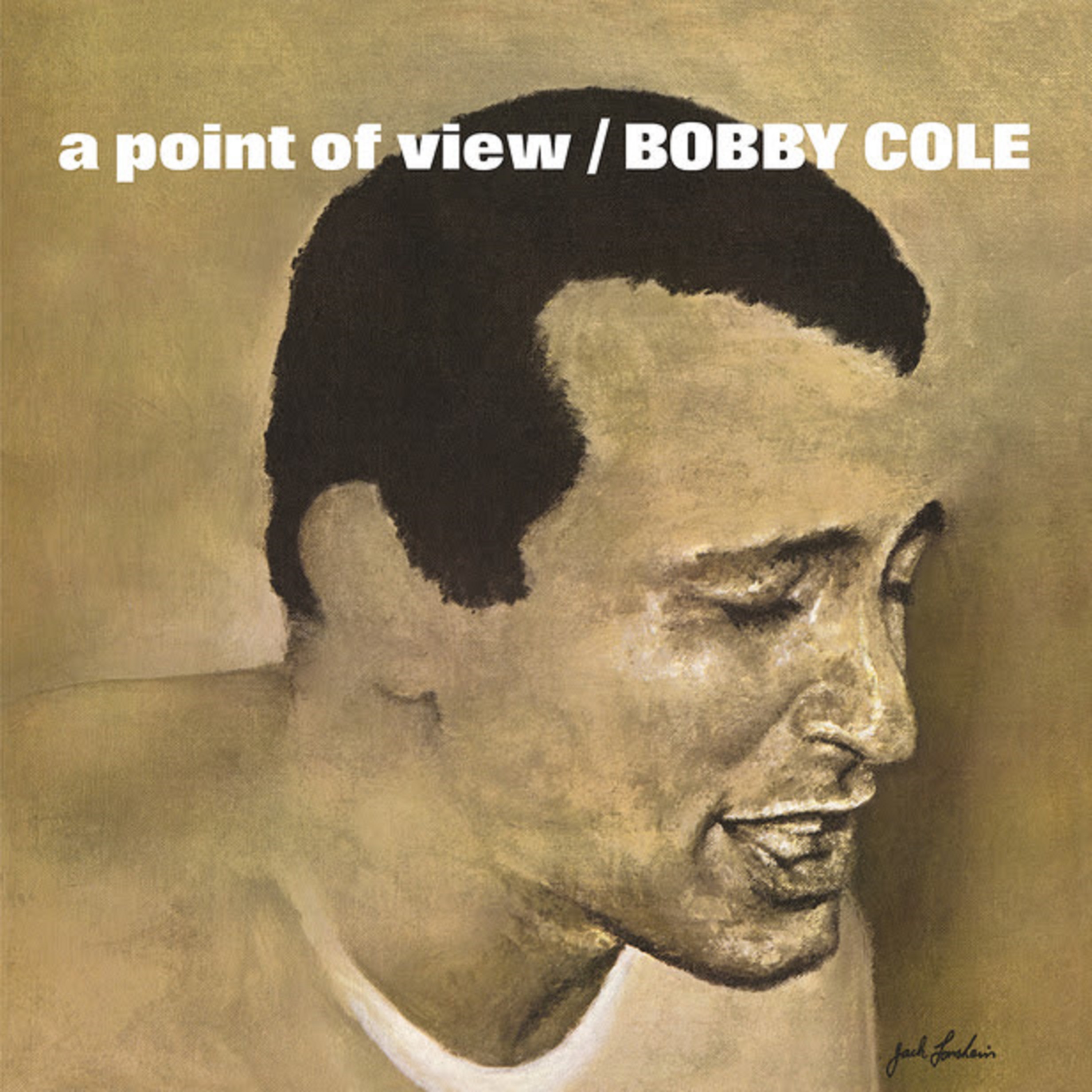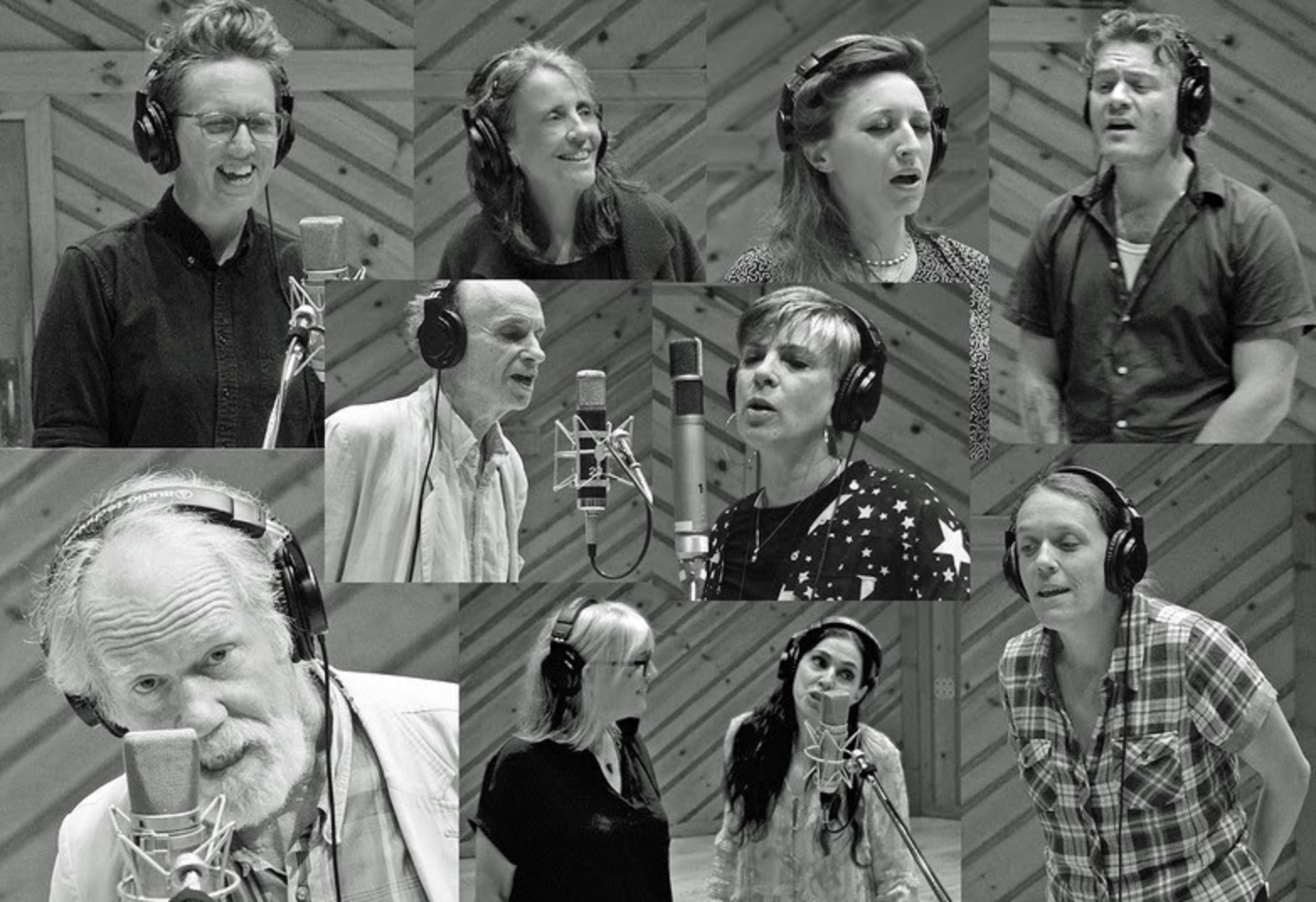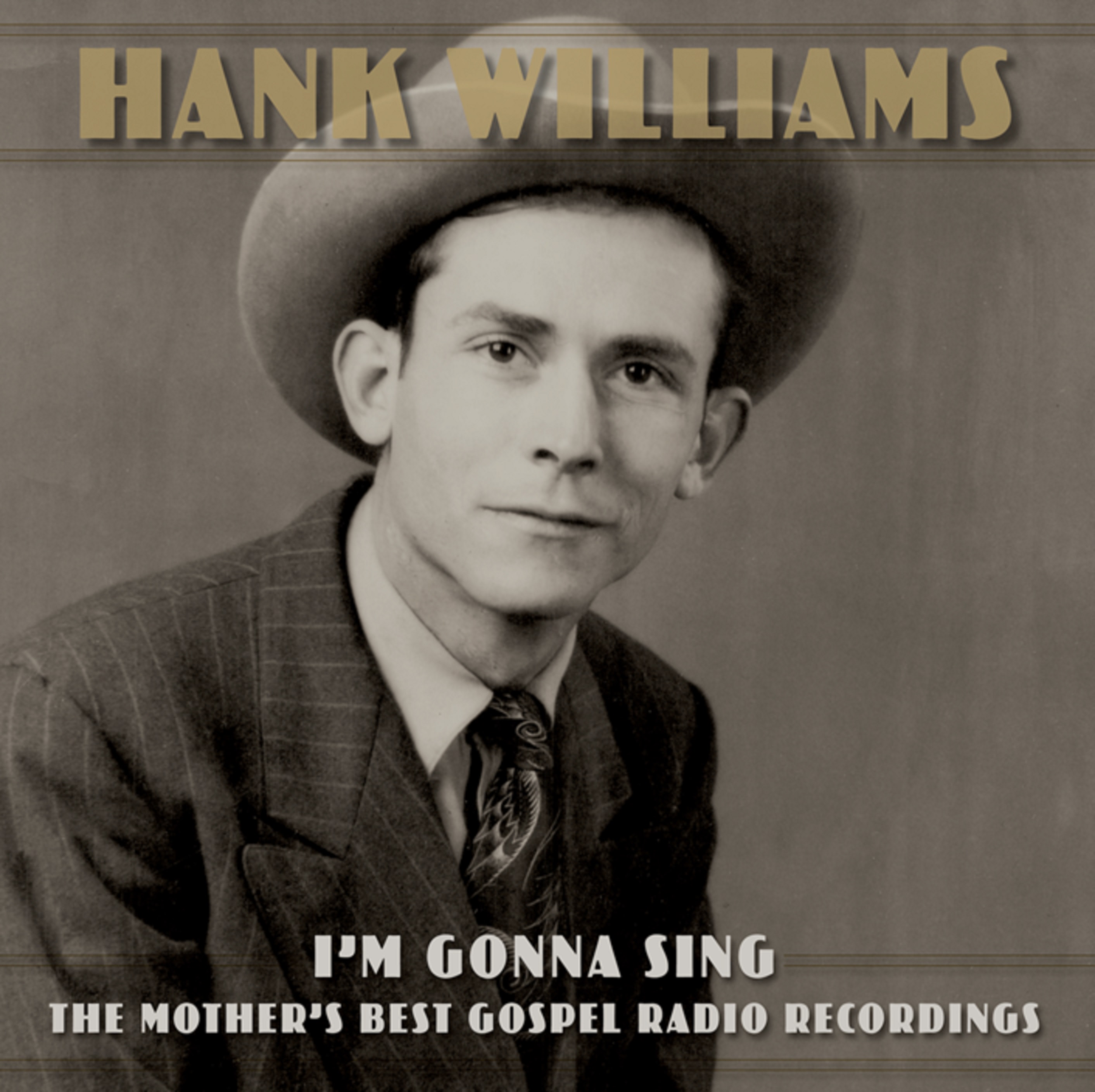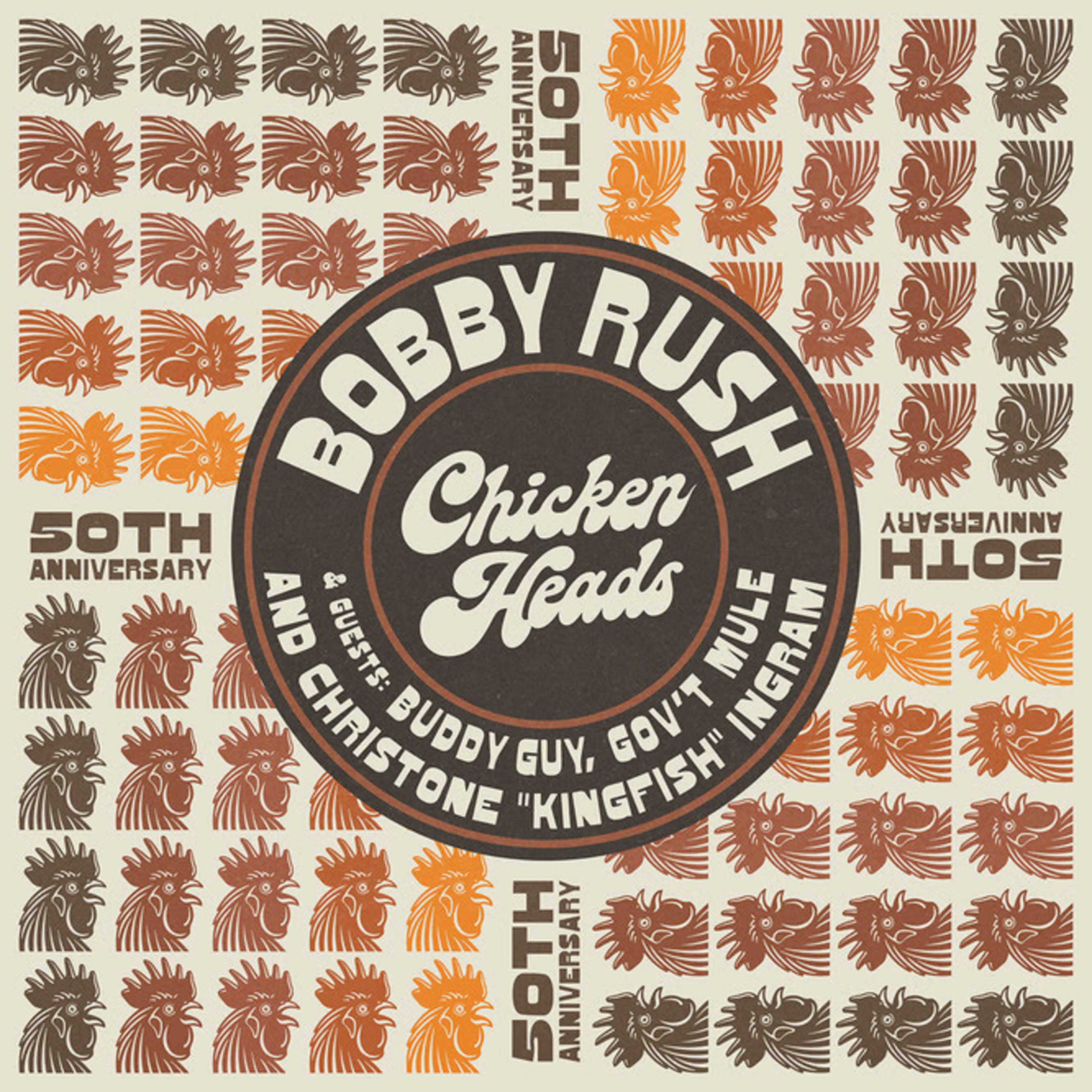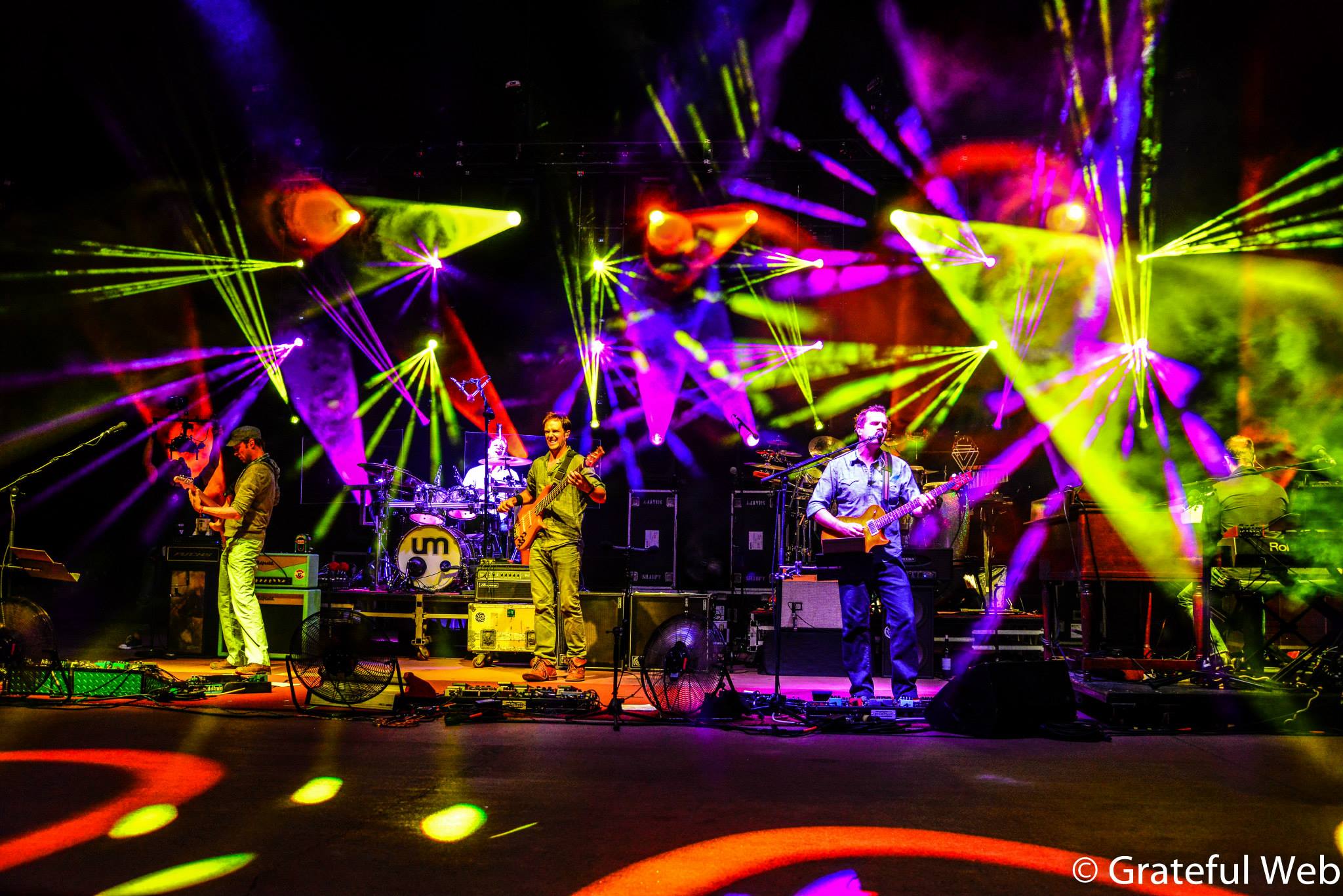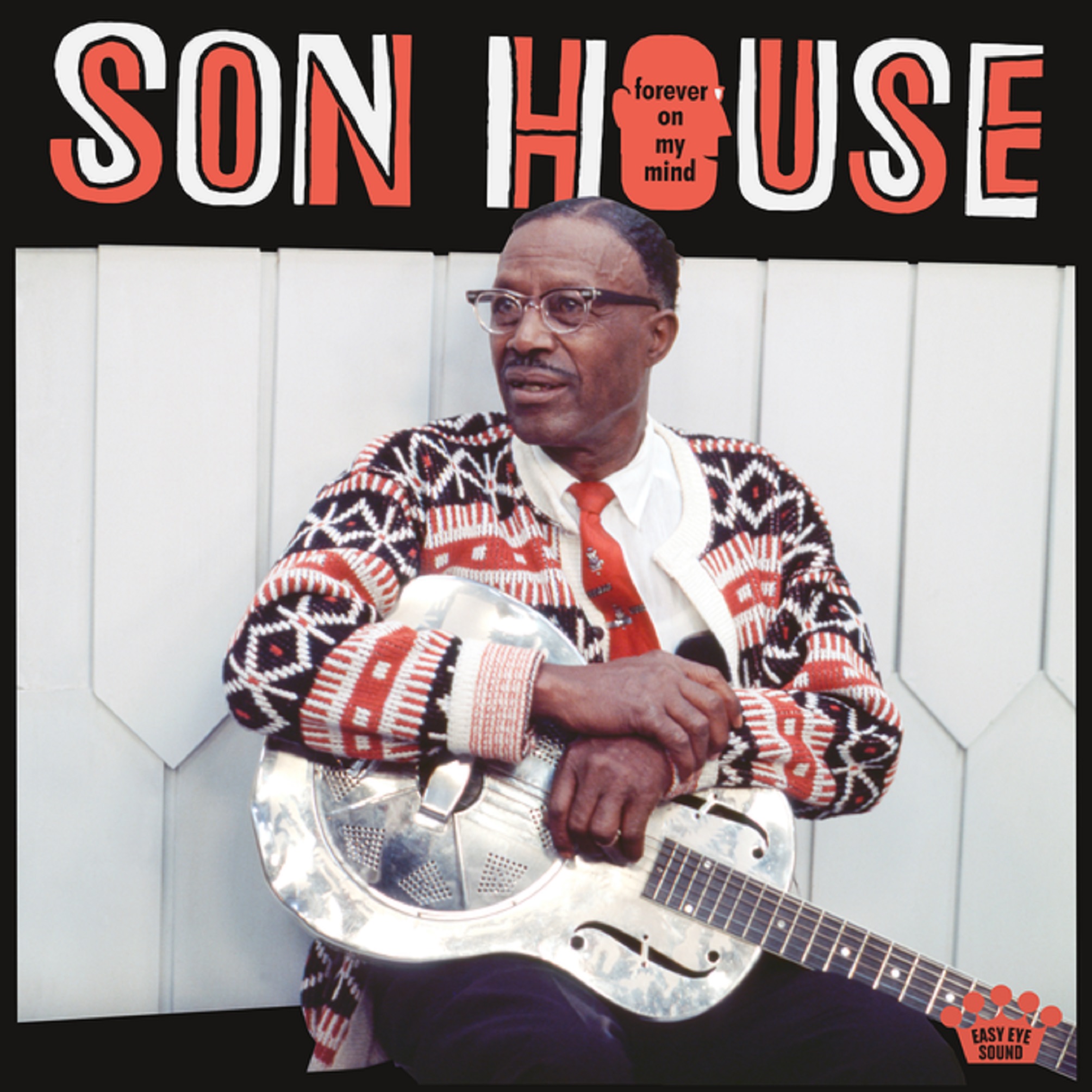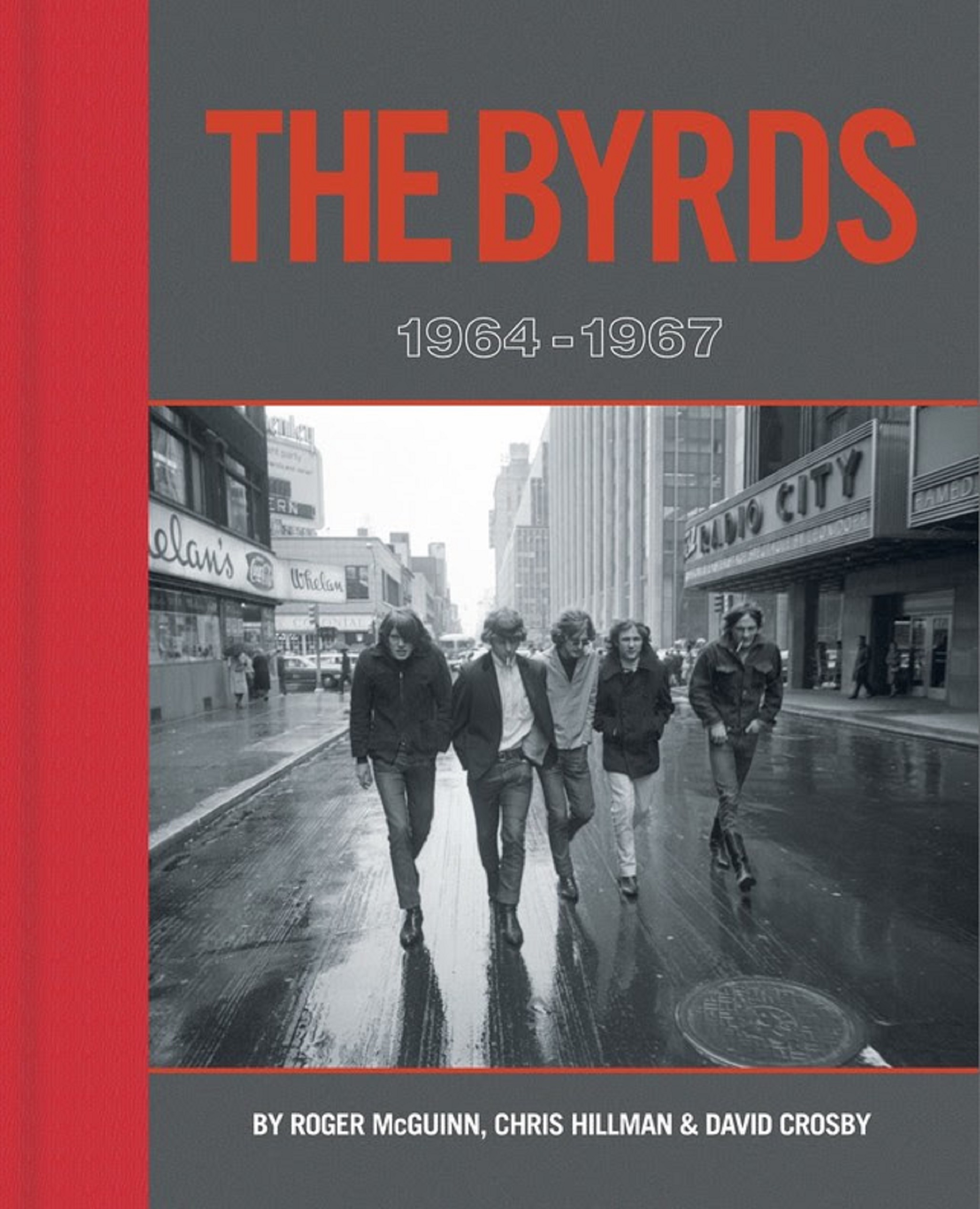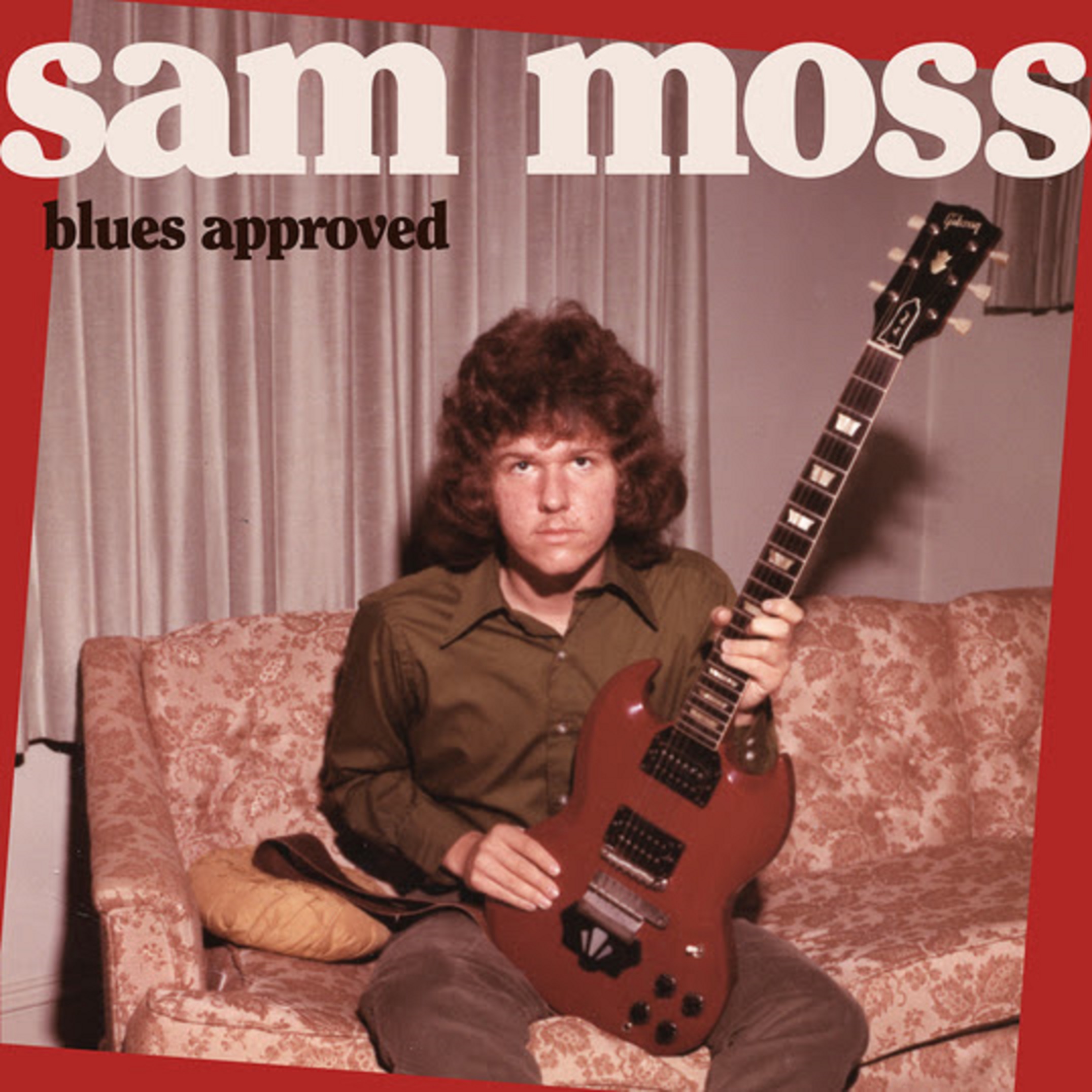Electronic music icon Thomas Dolby, who first shot to fame in 1982 with his self-directed MTV video hit “She Blinded Me With Science” waited nearly thirty years to attempt the leap to full-fledged film director, but apparently the wait was worth it. This week his 30-minute debut film The Invisible Lighthouse won two awards at the Los Angeles DIY Film Festival. Dolby will be flying in from his home in the UK to attend the gala award ceremony at the Hollywood Roosevelt Hotel on March 8, and the evening will climax with a screening of the film in its entirety while Dolby performs the evocative score and narration live on stage."The Invisible Lighthouse is a romantic and hypnotic piece of filmmaking. As a fan of Thomas’ music, I am excited to see him make such an excellent, Dolbyesque film debut!” said Star Trek Into Darkness director J.J. Abrams, himself no stranger to the allure of DIY filmmaking (Cloverfield, Super 8.) The film charts the imminent closure of an historic lighthouse on the tip of a mysterious island near his home on coast of Suffolk, formerly used as a testing zone for experimental weapons. The lighthouse features heavily in the as yet unsolved Rendlesham UFO incident, widely referred to as “the British Roswell.” Since the island is closed to the public due to the presence of unexploded bombs, Dolby executed several clandestine commando-like raids in his RIB, cameras rolling.Dolby wrote and shot The Invisible Lighthouse entirely himself over the course of a year with consumer cameras such as the GoPro Hero2 and an iPhone-controlled ARParrot quadrocopter. He taught himself to edit in Apple (NASDAQ:AAPL) Final Cut Pro X using video tutorials on Lynda.com, and cut the film in his wind- and solar-powered lifeboat studio on the East Anglian coast.“Whenever new technology comes along that puts professional techniques in the hands of inspired amateurs, I turn into a kid in a candy store!” said Dolby. “It’s like in the ’80s when electronic music arrived, I leapt at the chance to make entire records in my back room. Now for a few hundred bucks I can pick up a camera rig and software capable of making a hi-res movie, and get creative with a personal story that the whole world can watch on the Web.”Dolby hurriedly learned basic CGI and green screen compositing techniques, and helped himself to low-priced HD stock footage from Shutterstock.com and green screen SFX from sites like FootageIsland. The eye-popping results caught the attention of the judges at the annual DIY Film festival in Los Angeles, California, where Dolby entered his film in the Documentary Short category; he took first prize in that category, and went on to win the Best Director award as well. Richard Martini, the programming director of the DIY Film Festival, said: "Thomas Dolby’s first effort as a director embodies everything that the DIY Film Fest aspires to — it pushes the envelope of creativity using tools available to everyone. Our founding motto is from avant-garde filmmaker Jean Cocteau: ‘When the cost of filmmaking is as much as a pencil and a piece of paper, then you'll find true art.’ Dolby's film is a perfect example of that belief.”Continuing in the vein of his critically acclaimed album A Map of the Floating City and the groundbreaking FloatingCity.com transmedia game, Dolby plans to embark on a theater tour of the USA later in 2013 with live performances of The Invisible Lighthouse. The film provides a context to the mesmerizing music on his new album, and carries on a tradition for innovation that has been Dolby’s hallmark for over thirty years since the halcyon days of MTV. In the early ’90s Dolby began distributing music on the Internet via his tech company Beatnik Inc. A few years after that he switched over to mobile phones as a mass-market platform, co-inventing the tiny synthesizer that powered millions of Nokia (NASDAQ:NOK) cell phones. Now he says it’s the film industry’s turn to experience the sea change that comes with technical innovation.“Suddenly you don’t need a fat wallet and a big crew to shoot a movie,” said Dolby. “All those impoverished writers, actors, directors — now they can quit waiting table and go make their own films, and distribute them via Netflix and iTunes. Okay, there will be a lot of crap! But in amongst it all, there will be brilliant fresh talent, people telling human stories that would never have seen the light of day.”Dolby may shortly announce an open-to-the-public show in Los Angeles during that time period.







